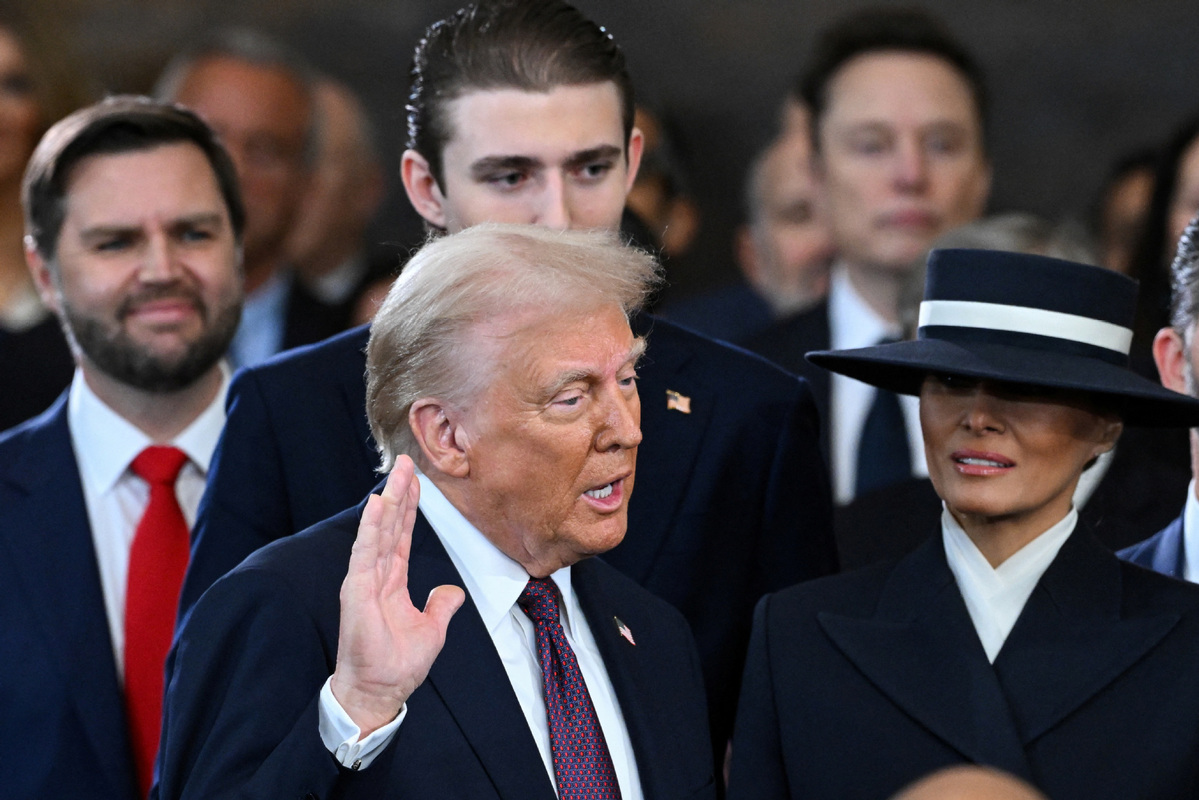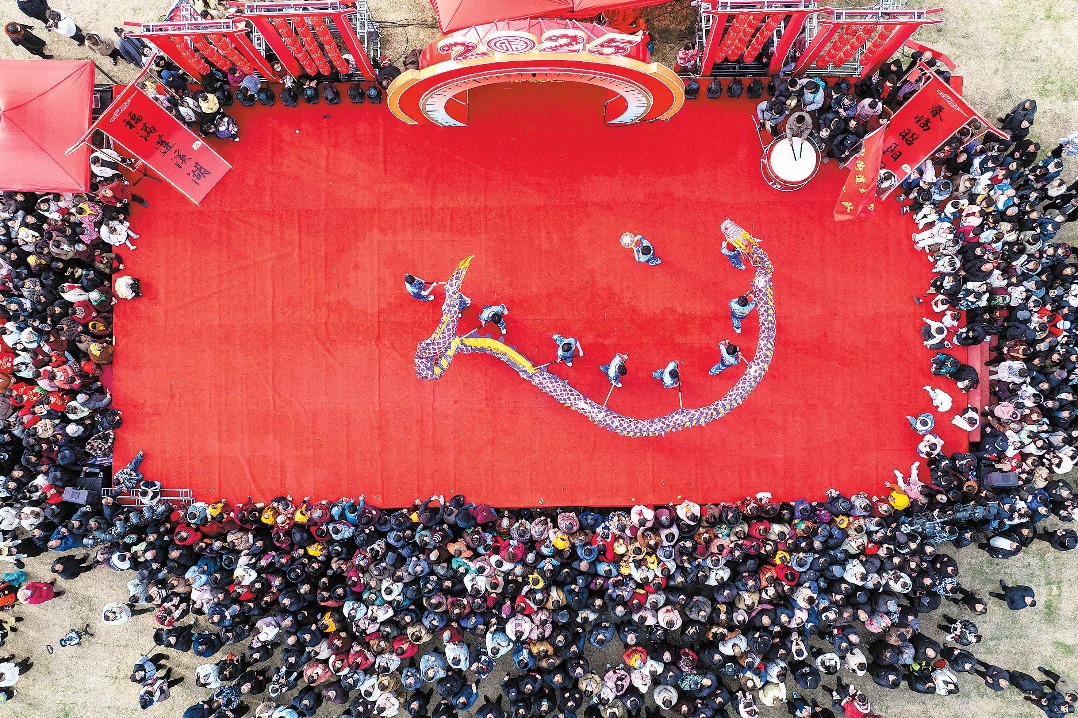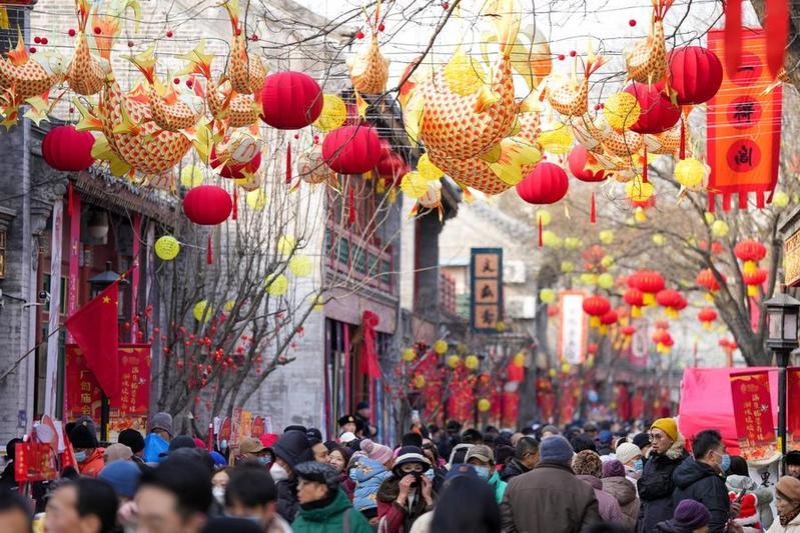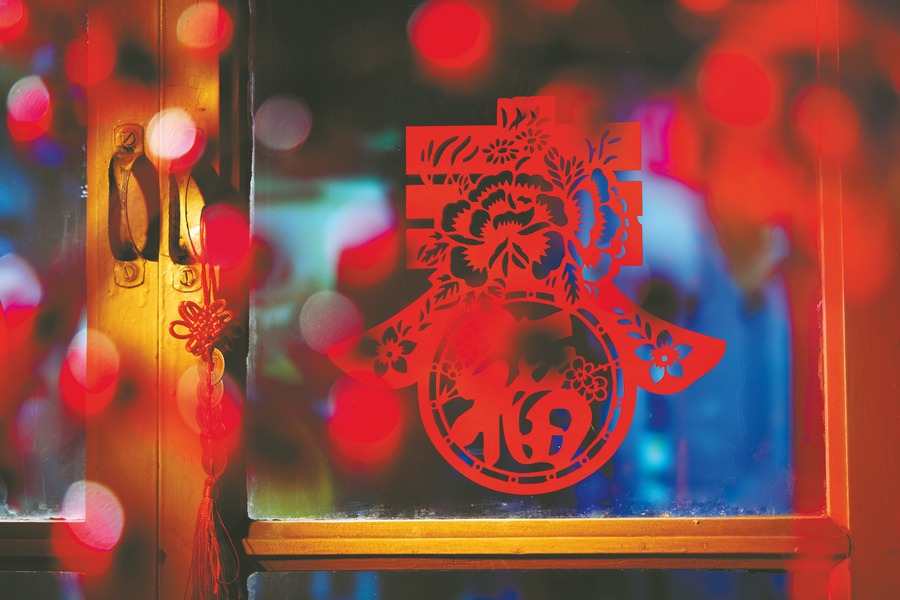China recognizes canal as neutral international waterway


After the new US leader openly cast a covetous eye at the Panama Canal, the world wondered what excuse he might come up with to justify the United States resuming its control over the waterway.
After US Secretary of State Marco Rubio's visit to the Central American country on Sunday, during which the top US diplomat warned Panamanian leader José Raúl Mulino to immediately reduce what US President Donald Trump says is Chinese influence over the Panama Canal area or face potential retaliation from the US, the US State Department said in statement that China's presence in the canal area may violate a treaty that led the US to turn the waterway over to Panama in 1999.
"Secretary Rubio made clear that this status quo is unacceptable and that absent immediate changes, it would require the US to take measures necessary to protect its rights under the treaty," the State Department said in the summary of the meeting. The treaty the State Department referred to is the first of the two so-called Torrijos-Carter Treaties between Panama and the US — The Treaty Concerning the Permanent Neutrality and Operation of the Panama Canal, signed in 1977.
If the US does take measures to control the international transit waterway, it will constitute a brazen violation of Panama's sovereignty, territorial integrity and core interest, on a trumped up pretext.
As the Chinese Foreign Ministry said via a spokesperson, China has not participated in the management and operation of the canal, has never interfered in canal affairs, has always respected Panama's sovereignty over the canal, and recognizes the canal as a permanently neutral international waterway.
China's economic and trade cooperation with Panama does not affect the neutrality of the canal at all, and therefore does not constitute a violation of the Torrijos-Carter Treaties.
The new US administration to all appearances is seeking to assert US control over the waterway, citing the historical pacts to exculpate its imperialist behavior.
But Trump's remarks on the US taking control of the Panama Canal, even by military means if necessary, might also have been a brutum fulmen with the true purpose of pressuring Panama to distance itself from China. In which case, it seems to have had some success.
Considering that the new US administration is freezing the US' foreign assistance, its mounting pressure on Panama, as well as the other Central American countries that Rubio also visited later this week, including El Salvador, Costa Rica and Dominica, to force them to walk away from China serves to show that Washington would rather leave Latin America undeveloped than allowing any other major country to fill its vacancy.
































